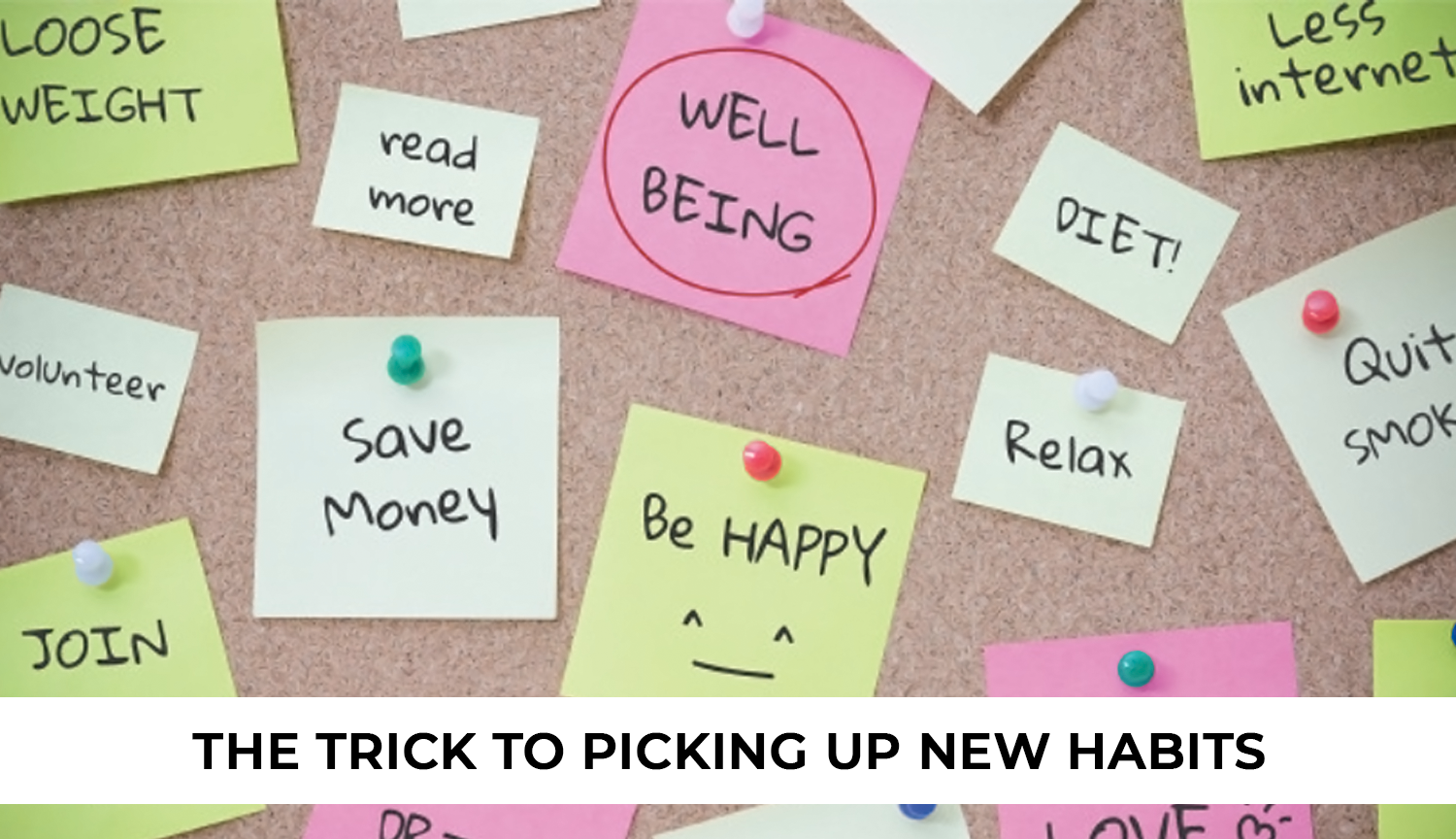
Every new habit that we inculcate helps shape our existence. So, it would seem obvious that we would try to pick up new habits, which would move us closer to our values and purpose—our ideal life. Yet, why is developing good habits or picking up new habits such a challenge?
Is it difficult to pick up new habits?
Arnold Schwarzenegger, a former Governor of California and a Mr. Olympia winner, famous for his role as the ‘Terminator’, was a skinny kid from Austria with a big dream—becoming the world’s greatest bodybuilder. His friends laughed at him, and his father and mother thought he was crazy. They took him to a psychiatrist, who told him that ridiculous dreams were common with teens and one day reality would hit him.
In 3 years, Arnold would become one of the most muscular men in Europe, going on to win Mr. Europe and then Mr. Universe on his second try. All it took was for him to work out Reg Park’s ‘Mr. Universe and actor’s training routine and diet’ and develop the habit of training, all in accordance with the targets he set for himself.
When it comes down to it, picking up new habits requires a lot of effort and dedication. Which is why it is also challenging for children to pick up good habits once they have already established a routine. However, obstacles don’t stop people who want something badly enough. As long as we, or our children, have the internal drive to accomplish something, we can do it. There is a saying that luck is where preparedness meets opportunity. We need to take full responsibility to create our reality, just like Arnold did.
So, how do we develop habits and change our behaviour to become who we want to be?
- Step 1: Decide which habits are worth having.
Only you can decide that. These habits should ideally be aligned towards you living your values. So, before adopting a new habit, ask yourself whether this habit will help you become the person you want to be. For a new habit to stick, you will need a reason that means something to you. I read for 10 hours a week at least, but only because that will help me learn, and learning will help me ‘ignite human greatness’, which helps achieve the objective of my parenting platform ‘Korroboree’. - Step 2: Introduce the habit.
Choose the habits you want to introduce but do not introduce more than one habit at a time. This includes taking up a habit that moves you closer to your values or dropping a habit that moves you away from your values. Either drop a habit like smoking or inculcate a habit like exercising, but only do one at a time. - Step 3: Set yourself up for success by setting the bar really low.
If you want to write a book, start by writing 1 sentence a day and then 2 the next and 3 the day after that. I know of a friend who wanted to get fit by running, he started with a minute a day and added a minute on every subsequent day. In 30 days, he was jogging 30 minutes, and in 60 days—60 minutes. He lost 20 kilograms over a year. So, the easier you make it to start, the more likely you are to make it a habit. - Step 4: Use a checklist and keep it somewhere visible.
This is not only to remind you but also for you to want you to tick it off as well. When you tick off an item on your checklist, you release a spurt of dopamine, the motivation chemical. Keep a journal and tick off your daily tasks; you will be surprised at how much you can change your life. Keeping a tick-checked track itself is rewarding to your brain. It will help you sustain your ‘I can’ attitude. It will strengthen the neural pathway that makes it easier to sustain picking up a habit.
A point of consideration, however, is that many good habits often provide delayed returns of satisfaction. Exercising or eating healthy will not bring you the immediate satisfaction that junk food or smoking a cigarette will. And, unfortunately, our brains have evolved to cope with immediate returns, which is why we do not effectively connect the cigarette we smoke now with lung cancer in 20 years. We ignore long term pain for short term gain.
However, if we link it with a behaviour that we are drawn to, like exercising while watching Netflix, it will increase the general appeal of the good habit and generate a dopamine hit. Additionally, anchoring a new habit to something that we do often will help us adopt a good habit; like anchoring exercise with waking up or drinking water every time you check your phone will help you create routines that encourage the development of habits on a daily basis.
These tricks are not only useful for us adults, they are extremely beneficial in helping children develop habits as well. Making use of TV shows that inculcate skills of reading and drawing /painting, for example, is an excellent way of enabling habits. We are creatures of habit, so any habit that becomes a routine will pull our behaviour in a certain direction. The question, however, remains:
What do you do once one habit becomes a routine, will you then choose another habit to move closer to?
Once you master the skill of habit building or breaking, you can adopt the right set of habits for that moment in time. Doing so will help you move closer to meeting the values for your ideal life. I am continuously working towards meeting my values. Will you choose to do the same?
Originally published on Medium

